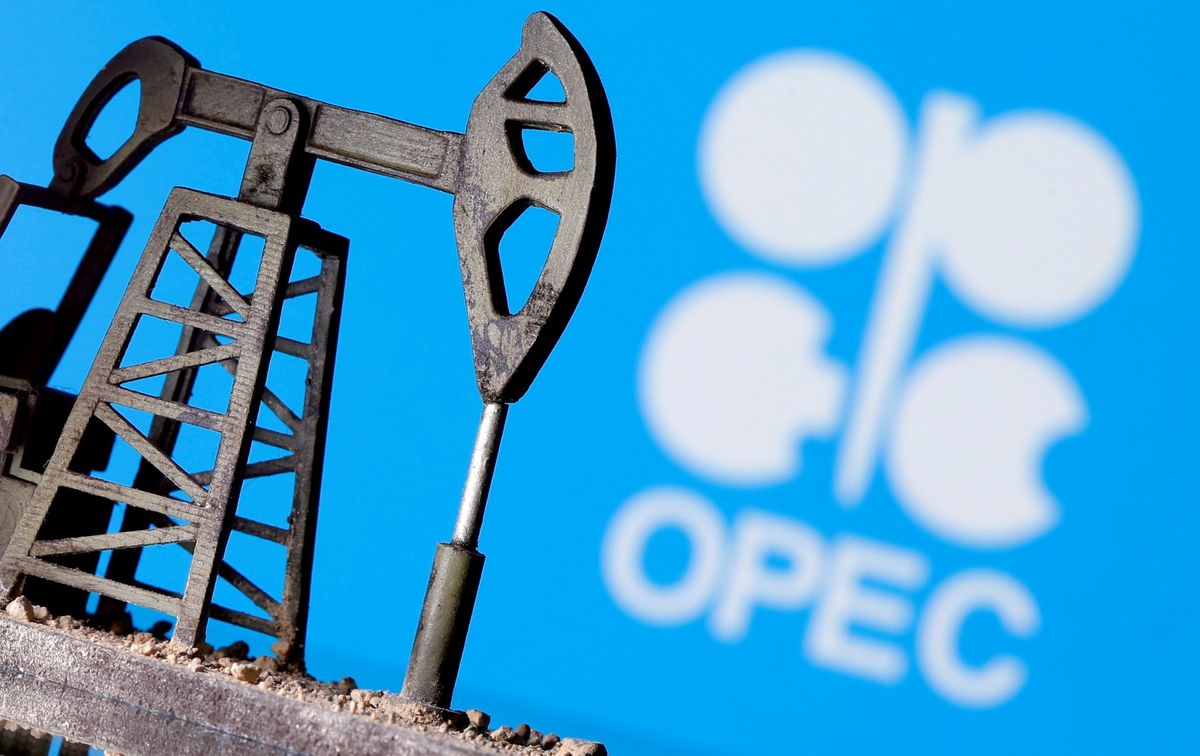What is OPEC and why is it expecting 2021 to be much better than 2020?

A few minutes every morning is all you need.
Stay up to date on the world's Headlines and Human Stories. It's fun, it's factual, it's fluff-free.
Those predictions reveal a broad belief within the organization that the pandemic is coming to an end and that travel will begin to return to pre-pandemic levels.
After a year in which crude oil production hit its lowest level in nearly three decades, the Organization of the Petroleum Exporting Countries (OPEC) is predicting that 2021 will see oil production bounce back.
Last year, major oil producers were forced to scale back production as demand fell on a global scale.
Like so much about 2020, the underlying reason for the drop in oil use was the COVID-19 pandemic.
With fewer people traveling, both domestically and internationally, oil prices took a dramatic dive early last year.
That’s great for consumers, but terrible for producers.
Lower prices are also generally very bad for the economy.
Higher oil prices usually coincide with a bigger job market, especially in oil-producing countries like the United States and the members of OPEC.
What is OPEC, again?
OPEC was founded in 1960 by five countries: Iran, Iraq, Kuwait, Saudi Arabia and Venezuela.
Since then, the organization has expanded and, in addition to the original five countries, currently includes Algeria, Angola, Equatorial Guinea, Gabon, Libya, Nigeria, the Republic of the Congo and the United Arab Emirates.
Three countries were once a part of OPEC, but have since left the organization: Ecuador, Indonesia and Qatar.
Per OPEC’s website, the organization’s mission is:
“to coordinate and unify the petroleum policies of its Member Countries and ensure the stabilization of oil markets in order to secure an efficient, economic and regular supply of petroleum to consumers, a steady income to producers and a fair return on capital for those investing in the petroleum industry.”
Member countries negotiate as a group and set standards for oil prices and oil production. Which leads us to 2020.
The COVID-19 oil crisis
The coronavirus first appeared in China and it was there that the economic impact was initially felt.
With major regions like Wuhan in lockdown for weeks and other countries, including the US, prohibiting travelers from China, the need for oil dropped suddenly.
Since China has the world’s largest population, the ripple effects of its declining oil usage were massive.
This led to an oil price war between Saudi Arabia and Russia at the beginning of 2020. After the US, those nations are the two largest oil-producing countries in the world.
With both countries initially refusing to cut oil production despite the drop in demand, the price of oil took a huge plunge.
Eventually, OPEC and Russia agreed to cut production of oil as a way of halting the price plunge. It ended up being the biggest oil production cut in OPEC’s history.
OPEC is optimistic about 2021
After production hit a record low in the second quarter of 2020 (April to June), oil production has been on the rise for most of the last year.
OPEC began the year somewhat cautiously, even briefly lowering oil production estimates.
But in mid-April, in response to positive news related to the pandemic, OPEC released its Monthly Oil Market Report, which reported an increase in its projected production numbers.
Those predictions reveal a broad belief within the organization that the pandemic is coming to an end and that travel will begin to return to pre-pandemic levels.
OPEC is predicting that oil consumption will be 96.46 million barrels per day (b/d), which was an increase of 190,000 b/d over its March projection.
Among the positive indicators is the increase in oil demand in the US in 2021 and stimulus programs that have put more money in consumers’ hands.
The OPEC projections acknowledge that the current forecast “remains clouded by uncertainties,” like the continued spread of COVID-19 variants.
But the increased projections are an indication that major oil producers believe normalcy is around the corner, both for the oil industry and for the economy as a whole.
Have a tip or story? Get in touch with our reporters at tips@themilsource.com




Comments ()